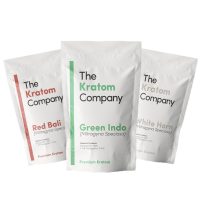Home » Is Kratom Legal in West Virginia? Assessing the Recent Changes

Is Kratom Legal in West Virginia? Assessing the Recent Changes
- Anthony Dent, Founding Member
- No Comments
There has been a lot of news recently about kratom in West Virginia. On March 23rd, Gov. Jim Justice signed into law a bill that will signify big changes for kratom manufacturers, vendors, and customers. And naturally, people have questions. Is kratom legal in West Virginia? Will I still be able to buy it when the new law takes effect? Are the new regulations good or bad for kratom buyers?
Let’s break down the issues one by one.
Is Kratom Legal in West Virginia?
Yes, aficionados will be happy to know that kratom is legal in West Virginia. It has always been legal, it remains legal, and it will still be legal when the state’s new kratom regulations take effect.
There has been some confusion over West Virginia Senate Bill 220 (SB220), which was recently approved by the state legislature. The bill is set to become law on June 9th, making West Virginia the eighth state in the nation to impose sweeping kratom regulations. These regulations are actually good news for kratom in West Virginia.
What Is SB220?
SB220, the Select Plant-Based Product Regulation Act, imposes new safety restrictions on both kratom products and regulated hemp products.
Most notably, kratom manufacturers must be issued a permit by the state in order to manufacture, process, or distribute kratom products anywhere in the state. In addition, the new law prohibits the sale of kratom to anyone under 21 years of age and requires age verification for online sales.
There are other provisions as well:
- Samples of kratom must be submitted to a laboratory for purity testing.
- An 11% tax is to be collected on all kratom sales in the state.
- Kratom is subject to strict labeling requirements. At a minimum, labels have a disclaimer that reads “KEEP OUT OF REACH OF CHILDREN. CONSULT YOUR PHYSICIAN BEFORE USE IF YOU ARE PREGNANT OR TAKING ANY MEDICATION.”
- The state will develop standards and guidelines for kratom staging and display with the goal of keeping kratom out of the hands of children.
- Kratom packaging cannot be designed in such a way that would be appealing to children.
In addition, the new law gives the state commissioner of agriculture the authority to propose additional rules for kratom regulation. Kratom remains legal in West Virginia, but these regulations do mean big changes ahead.
How the West Virginia Kratom Law Came to Be
SB220 is just the latest iteration of the Kratom Consumer Protection Act (KCPA), a set of guidelines that the American Kratom Association (AKA) has been pushing for nationwide. Utah was the first state to codify the KCPA, and others soon followed suit. Today, variations of the KCPA can be found in Nevada, Arizona, Oregon, Colorado, Oklahoma, and Georgia. West Virginia is the latest to join this growing list.
SB220 was made possible by the American Kratom Association and other kratom supporters. The kratom-specific provisions in the bill were modeled after the language of the original Kratom Consumer Protection Act drafted by the AKA, and the bill was created largely in response to concerns expressed by kratom advocates.
What Makes the West Virginia KCPA Unique?
The West Virginia bill contains many provisions that are found in other kratom-regulated states, such as the requirement that manufacturers register with the state, the requirement for kratom labeling, and the minimum age restriction.
However, the bill has some unique attributes as well, including the 11% tax assigned to kratom sales. In addition, the regulations aren’t as stringent as the regulations found in certain other states.
For instance, some states require that kratom contain no more than a 2% concentration of 7-hydroxymitragynine (kratom’s secondary alkaloid). The WV law contains no such provision. In addition, some states strictly prohibit the inclusion of synthetic alkaloids in kratom products. West Virginia again has no such requirement. As a result, buyers should read ingredients carefully and make sure they’re buying only all-natural kratom products.
Finally, this is the first law of its kind to include kratom and hemp regulations under the same umbrella. Although kratom and hemp are a world apart in terms of their biochemistry, they both share a need for regulatory oversight as they become increasingly popular in the consumer market.
Where to Buy Kratom in West Virginia?
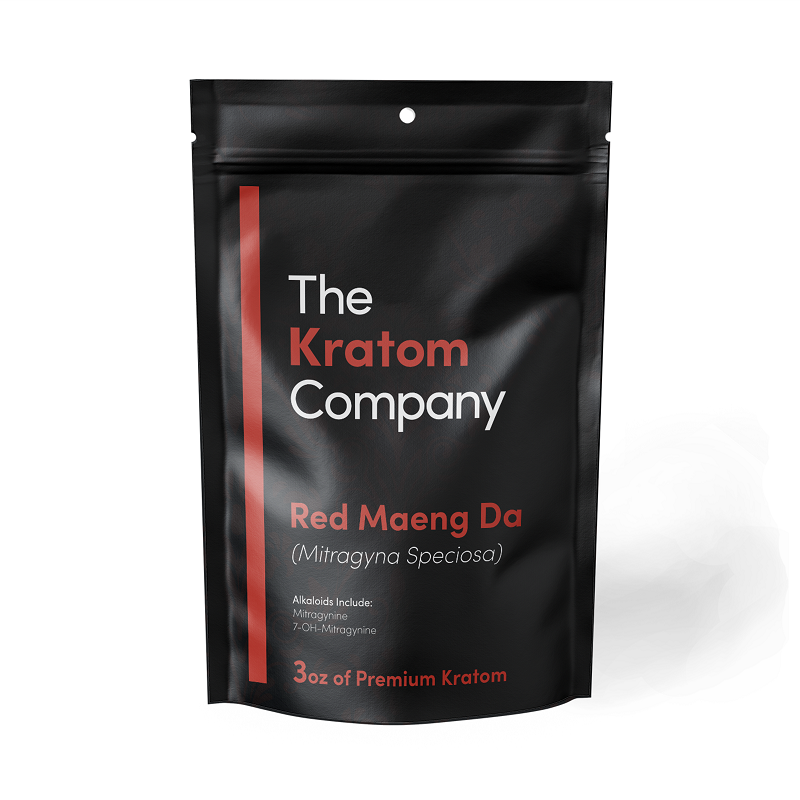
Knowing that kratom is legal in West Virginia, the more important question is where to buy it. There are certainly plenty of options, ranging from corner gas stations to high-end nutrition retailers. But although kratom may be easy to find locally, your best bet is to buy kratom online.
When you buy online, you have access to a much wider selection of strains, vein colors, and product types. Choose between kratom capsules, kratom powders, and even specialty products like concentrated kratom extracts. Explore the most popular strains like Red Maeng Da as well as harder-to-find varieties like White Horn Kratom.
When you buy online, you can research brands ahead of time. You can compare reviews from other buyers. You can even save money as you’re often buying straight from the manufacturer. Most importantly, you can do your homework and know exactly what you’re getting: Is it all-natural? Is it sourced from Indonesia, Thailand, or another Southeast Asian locale? These things are all important to know.
The Future of Kratom in West Virginia
SB220 is set to become law this summer, and when it does, West Virginia will be one of the best places in the country to buy kratom. The new regulations will immediately rid the market of some of the worst products.
But even though kratom is legal in West Virginia and will be well-regulated, it still pays to know what you’re getting. So be a discerning buyer, and make sure you’re always getting the best!
Featured Products
-
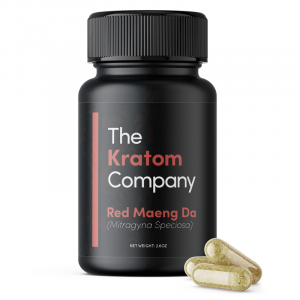 From $24.00Select options This product has multiple variants. The options may be chosen on the product page
From $24.00Select options This product has multiple variants. The options may be chosen on the product page -
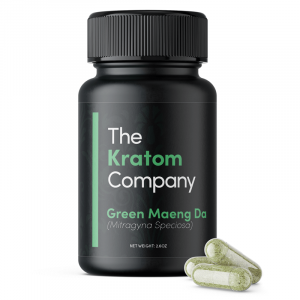 From $24.00Select options This product has multiple variants. The options may be chosen on the product page
From $24.00Select options This product has multiple variants. The options may be chosen on the product page -
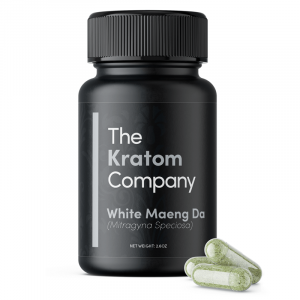 From $24.00Select options This product has multiple variants. The options may be chosen on the product page
From $24.00Select options This product has multiple variants. The options may be chosen on the product page
Explore More Posts
Product Search
Featured Products
-
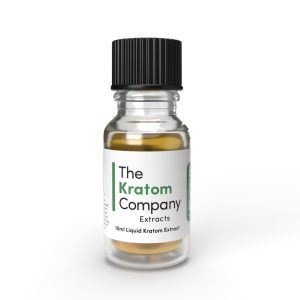 Pure Kratom Liquid Extract
Rated 4.72 out of 5From $20.00
Pure Kratom Liquid Extract
Rated 4.72 out of 5From $20.00 -
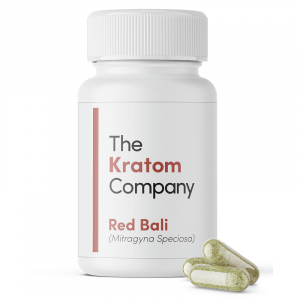 Red Vein Bali Kratom Capsules
Rated 4.70 out of 5From $24.00
Red Vein Bali Kratom Capsules
Rated 4.70 out of 5From $24.00 -
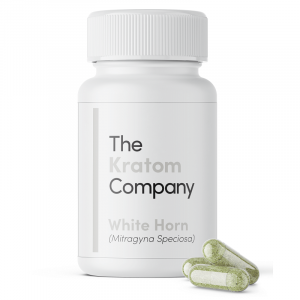 White Horn Kratom Capsules
Rated 4.88 out of 5From $24.00
White Horn Kratom Capsules
Rated 4.88 out of 5From $24.00
Follow Us
Strains
Blogs
NEWSLETTER
Sign up for our newsletter!

These statements and products presented on this website have not been evaluated by the Food and Drug Administration FDA. The products mentioned on this website are not intended to diagnose, prevent, treat or cure any diseases or health conditions. Therefore any information on this website is presented solely as the opinions of their respective authors who do not claim in any way shape or form to be medical professionals providing medical advice. The KRTM Company and its owners or employees cannot be held responsible for, and will not be liable for the inaccuracy or application of any information whatsoever herein provided. By purchasing our products you agree that you are aware and in compliance with your local county, state, or federal regulations. Must be 21 years or older to purchase Kratom. The US FDA has not approved kratom as a dietary supplement. We do not ship to the following states, cities and counties in the US where Kratom is banned: Alabama, Arkansas, Indiana, Rhode Island, Vermont, Wisconsin, Sarasota County, FL, Union County, MS, Denver, CO, San Diego, CA, and Jerseyville, IL.

